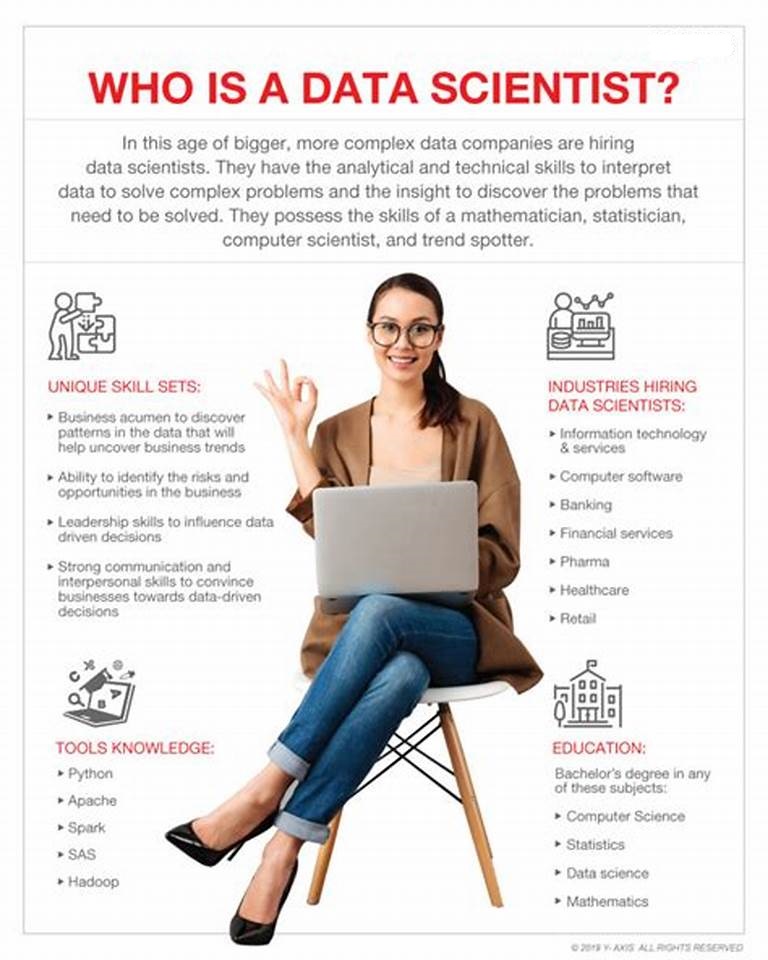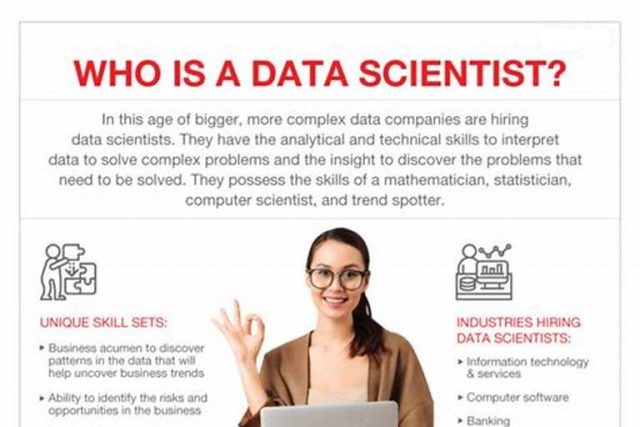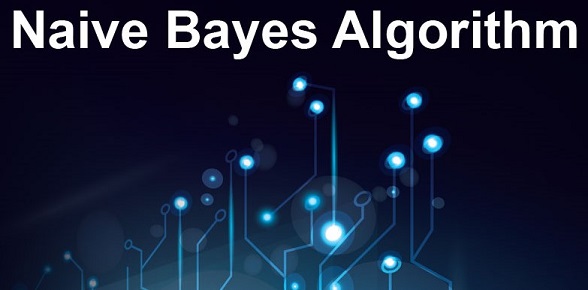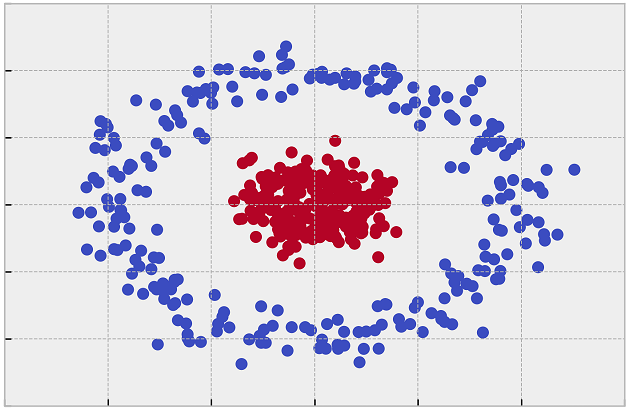Data scientists use data and algorithms to forecast outcomes. The insights that they uncover, are used in business decisions to help drive profitability or innovation.
The most important skills data scientists need are technical skills, such as wrangling massive amounts of data to make sense of it all. But there is also a need for interpersonal skills, since data scientists work collaboratively with data analysts to conduct analysis and communicate their findings with stakeholders.
Essential skills for a Data Scientist
The two types of important skills are:
- Technical
- Interpersonal skills
If you are an aspiring data scientist or data analytics director, the information in this article can help guide you on your path toward a lucrative career in this growing industry.
Technical Skills:
As you embark on your career as a data scientist, these are skills you’ll definitely need to master.
Programming
You need to have knowledge of various programming languages, such as Python, Perl, C++, SQL, with Python being the most common coding language required in data science.
Knowledge of SAS and other Analytical Tools
Understanding analytical tools is one of the most helpful data scientist skills for extracting valuable information from an organized data set. SAS, Hadoop, Spark, Hive, Pig, and R are the most popular data analytical tools that data scientists use.
Knowledge of deaing with Unstructured Data
Data scientists should have experience working with unstructured data that comes from different channels and sources.
Statistics and probability
In order to write high-quality machine learning models and algorithms, data scientists need to learn statistics and probability. Data scientists need to be able to collect, interpret, organize, and present data, and to fully comprehend concepts like mean, median, mode, variance, and standard deviation. Here are different some of statistical techniques you should know:
- Probability distributions
- Over and undersampling
- Bayesian statistics
- Dimension reduction
Data wrangling and database management
Data wrangling is the process of cleaning and organizing complex data sets to make them easier to analyze. Manipulating the data to categorize it by patterns and trends, and to correct and input data values can be time-consuming but necessary to make data-driven decisions. This is also related to understanding database management, you’re expected to extract data from different sources and transform it into a suitable format for query and analysis, and then load it into a data warehouse system.
Machine learning and deep learning
Incorporating these techniques helps you gather and synthesize data more efficiently, while also predicting the outcomes of future data sets. For example, you can forecast how many clients your company will have based on the previous month’s data using linear regression.
- Logistic regression
- Naive Bayes
- Decision tree
- Random forest algorithm
- K-nearest neighbor (KNN)
Data visualization
Not only do you need to know how to analyze, organize, and categorize data, but you’ll also want to build your skills in data visualization. Being able to create charts and graphs is important.
With strong visualization skills, you can present your work to stakeholders so that the data tells a compelling story of the business insights.
Interpersonal Skills:
Just as data modeling and visualization is important for communicating the data insights you uncover, so is being able to collaborate with teams successfully. Here are interpersonal skills you can build upon:
Communication Skills
Data scientists often complete interact with colleagues and other people often. The information they collect and analyze often helps other departments run more efficiently.
Independence
One of the most important soft skills for data scientists is the ability to work with minimal supervision. Data scientists who consistently meet their deadlines independently might find it easier to advance in their careers, as independence is a key leadership trait in many industries.
Project management
Project management skills ensure that project teams achieve their goals, meet deadlines and stay within their budgets. Depending on their background, a data scientist might develop these skills through work experience or by taking a course in project management.
Analytical thinking
Data scientist might use their ability to think analytically to create data management systems and choose appropriate software products for their needs. Analytical thinking can also solve problems in the data collection and analysis processes, allowing them to collect more pertinent data and identify trends more accurately.
Great Data Intuition
Valuable data insights are not always apparent in large data sets, and a knowledgeable data scientist has intuition and knows when to look beyond the surface for insightful information. This makes they more efficient in their work, and gaining this skill comes from experience and the right training.

Recommended for you:
Concepts of Data Science
Thick Data vs Big Data




MOST COMMENTED
Tutorial
Important Methods in Matplotlib
Machine Learning
Bias and Variance Tradeoff Machine Learning
Tutorial
Multiclass and Multilabel Classification
Machine Learning
Reinforcement Learning in Machine Learning
Deep Learning
Alexnet Architecture Code
Machine Learning
Machine Learning Models Explained